
Alcoholic beverages have always been popular due to the effect they have on the brain and nervous system. Alcohol lowers our inhibitions, anxiety levels, and dulls the senses. For these reasons, adults and young people alike enjoy drinking alcohol to alleviate the stresses of life. Statistics are beginning to show worrying trends despite the efforts that are being made by communities and lawmakers. Arizona alcohol statistics are showing a slight rise in fatalities for those 25-54 while demonstrating some good news for adolescents.
Arizona Impaired driving data
In 2017, according to Arizona alcohol statistics analyzed by the team at Responsibility.org, Arizona had 27.8% of traffic fatalities related to alcohol, and 27% of the fatalities were under the age of 21. Also, the 10-year change in fatalities related to alcohol per 100,000 people is 6.1%. The national 10-year change for this statistic is a -7.1%. This shows that the number of alcohol-related fatalities in Arizona is on the rise, while nationally it is decreasing.
According to the Arizona Department of Transportation, the number of alcohol-related crashes has declined. In 2013 there were 5,250 crashes involving alcohol. In 2017 there were 4,854. However, there were more people killed in these accidents in 2017 versus 2013 (320 to 282). The largest age groups of drivers under the influence were 25-34 with 1,486 crashes. The age group 35-44 had 829 crashes, and ages 45-54 with 635.
Underage consumption
Binge drinking is defined by the Center for Disease Control (CDC) as 5 or more drinks in a row for men and 4 for women. In a report by the CDC, underage binge drinking in 2017 is 18% of those surveyed in Arizona. However, the same holiday season police wrote 39% fewer underage drinking citations during the 2018 holiday season. Great news!
Alcohol is associated with having fun. While it can be, when consumed responsibly and legally, it typically leads down a road that is hard to turn back from. When drinking alcohol starts at an early age, it becomes a problem earlier on in life. While statewide programs are working, it remains up to family and friends to ensure that our loved ones and neighbors are healthy and safe. We can all do our part to lower these tragic statistics. If someone you know is addicted to alcohol or is at risk, please contact us. Our Arizona alcohol outpatient rehab facilities are committed to assisting those that are struggling with alcohol addictions.
Author Statement:
Steven Brown is founder of Renaissance Recovery Center, a residential substance abuse program in Gilbert, AZ. His practice has been shaped and informed by years of professional and personal experience in addiction recovery. Steven has dedicated his life to helping addicts and their families heal utilizing evidence and faith based approaches. His focus is on identifying and addressing the root psychological, emotional and spiritual issues related to addiction.
Renaissance Recovery Center
459 North Gilbert Road Suite B-140
Gilbert, AZ 85234
480.739.3342
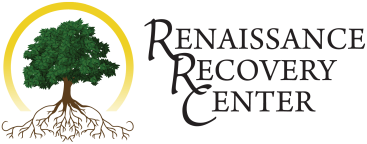
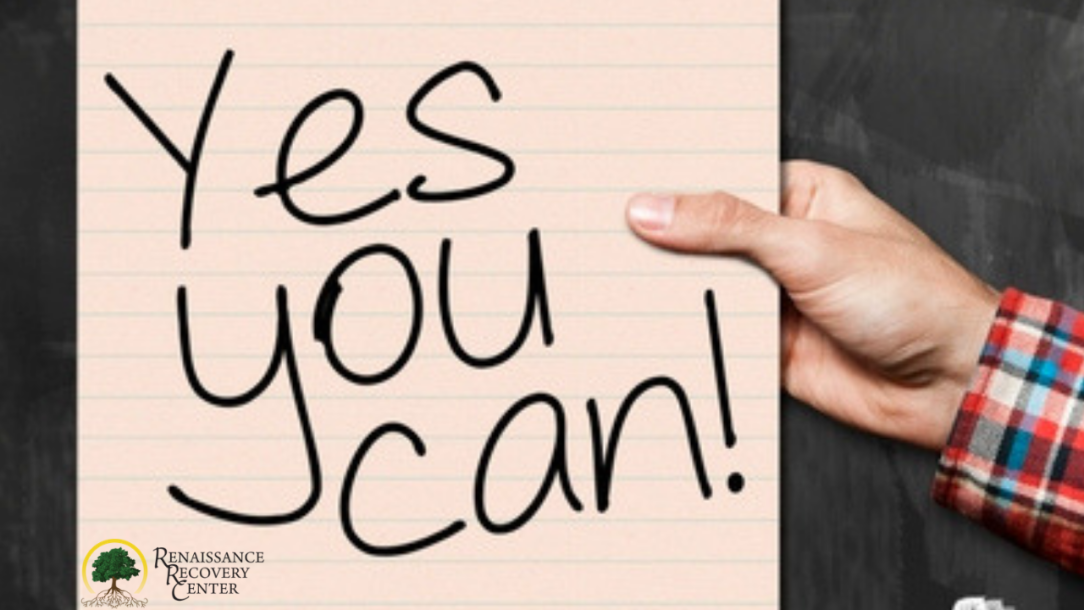


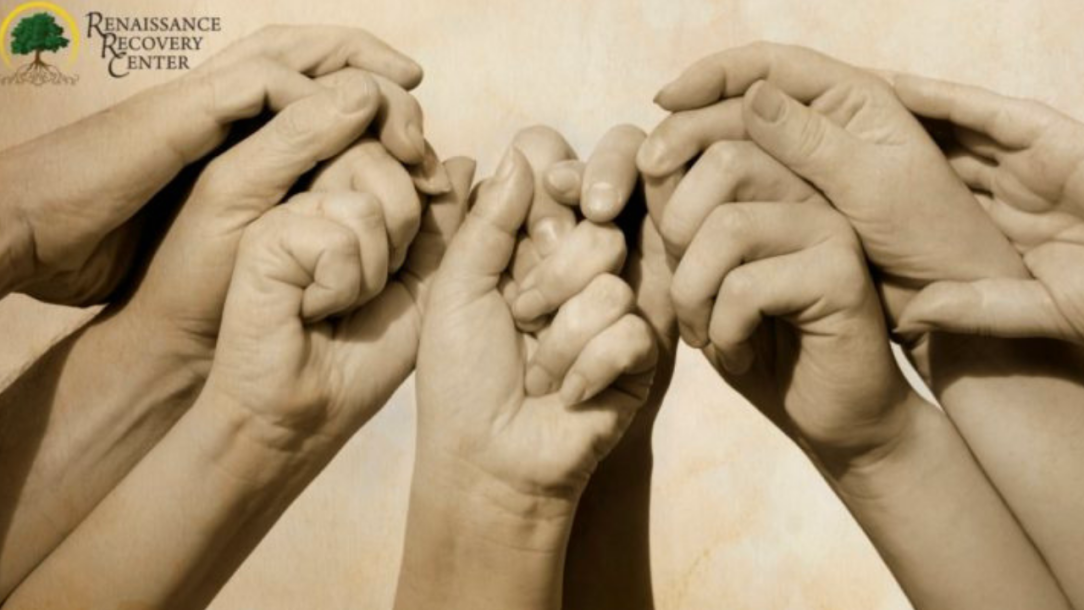

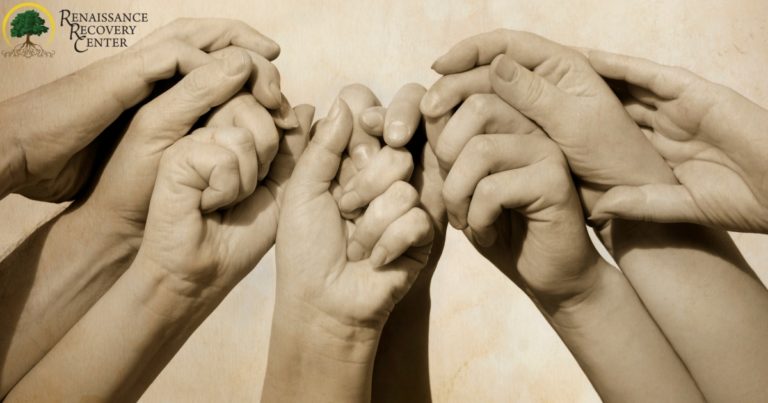

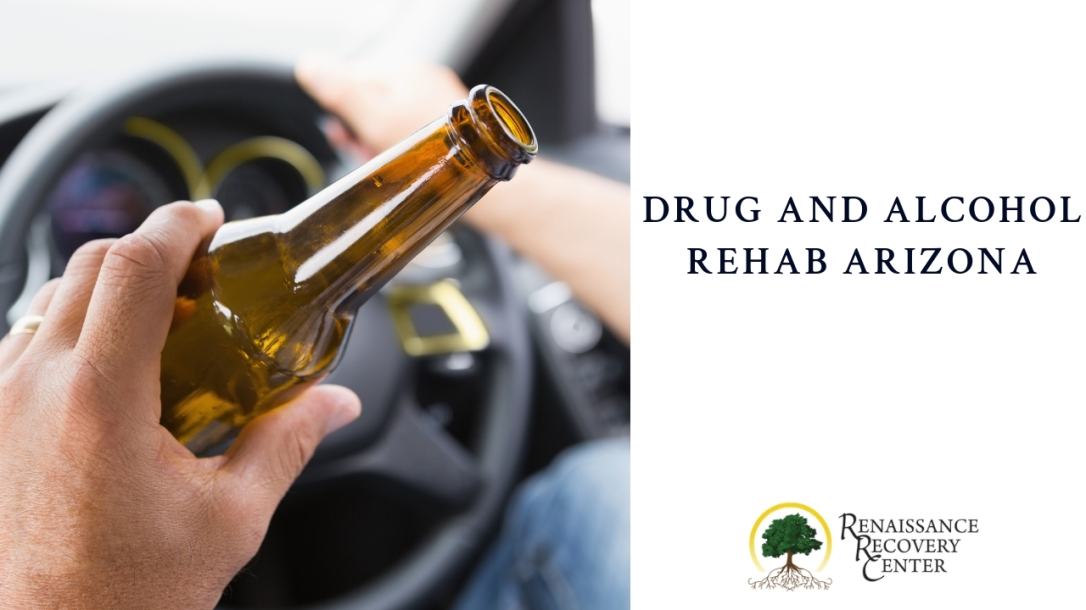
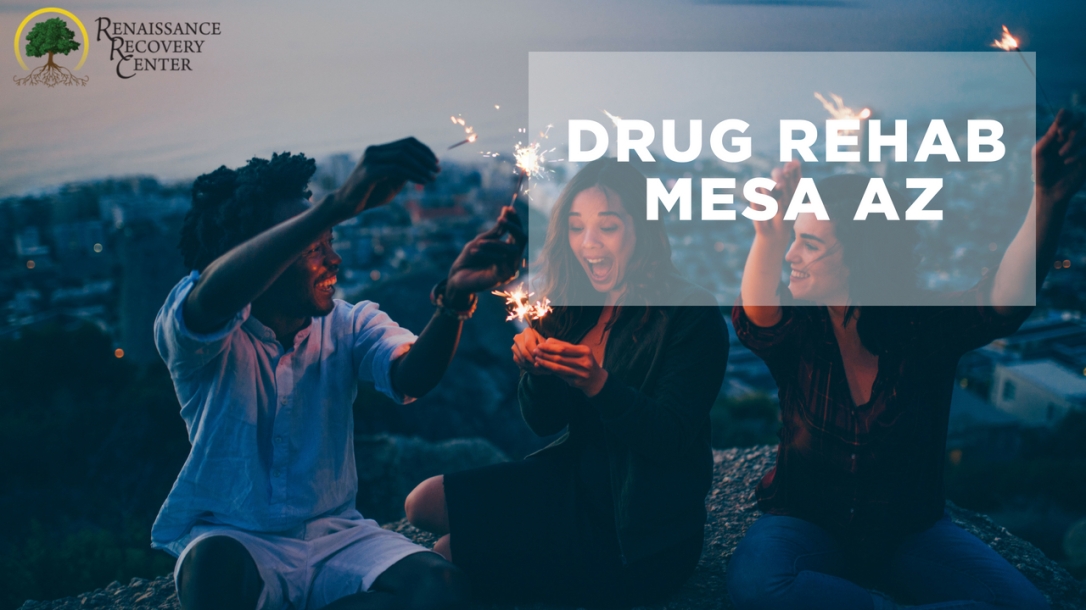 Beliefs that people have about addiction can be misleading and sometimes even hinder the treatment of recovering addicts.
Beliefs that people have about addiction can be misleading and sometimes even hinder the treatment of recovering addicts.